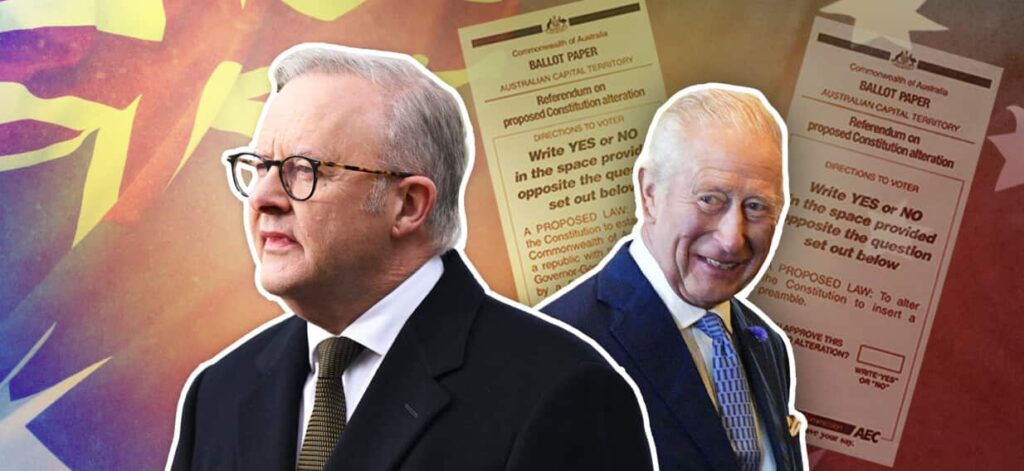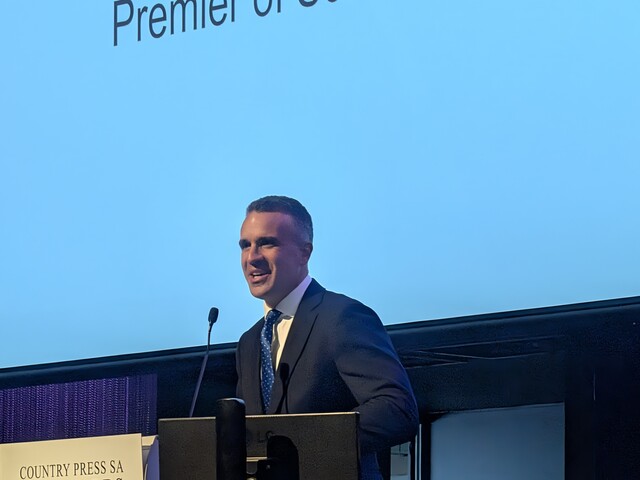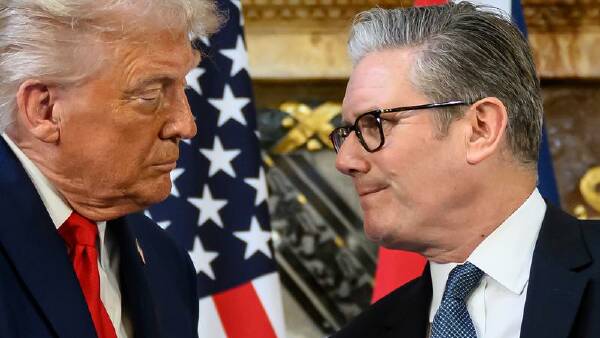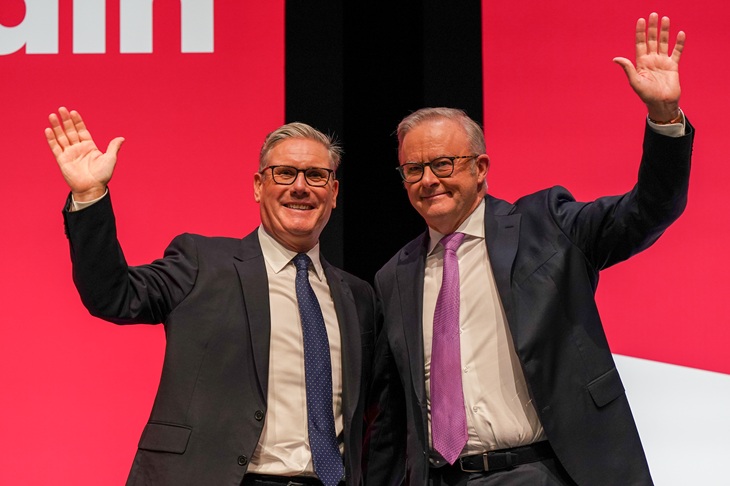
Australians will not have the opportunity to vote on a republic referendum as long as Prime Minister Anthony Albanese holds office. During an interview on Insiders, Albanese stated that he will not pursue the constitutional change, explaining that there is currently “no point” in advancing the proposal. His comments come in the wake of the 2023 referendum, which aimed to enshrine an Indigenous Voice to Parliament but was rejected by nearly 60 percent of voters.
Albanese, a long-time advocate for an Australian republic, emphasized his focus on pressing issues affecting citizens. “We’re concentrating on cost of living and on making a real, practical difference to people’s lives,” he said. This stance contrasts with the Australian Labor Party’s policy platform, which includes objectives to “work toward establishing an Australian republic with an Australian head of state.”
Experts support Albanese’s decision, arguing that without bipartisan support, pursuing a referendum would be futile. Former Labor adviser Bruce Hawker pointed out that out of 44 referendum questions in Australian history, only eight resulted in constitutional change, all of which had backing from both major parties. He stated, “Unless you do have that support, you’re really just wasting taxpayers’ money.”
Hawker suggested that Labor should have reconsidered the Voice referendum once it became clear that the Coalition would oppose it. While the Coalition supported the idea of constitutional recognition for Australia’s First Nations people, it did not endorse the establishment of a Voice to Parliament. “Once you lose bipartisan support, it’s almost impossible to guarantee support by the public of Australia,” he added.
Albanese’s commitment to republicanism also appeared to diminish during a recent cabinet reshuffle, which saw the abolition of the Assistant Minister for the Republic, Matt Thistlethwaite. This shift indicates a broader political strategy focused on issues that resonate more directly with voters.
Political scientist Paul Williams from Griffith University noted that the recent referendum had a significant impact on Albanese’s political standing. The prime minister is likely cautious about expending political capital on issues that do not yield immediate benefits. Williams remarked, “He doesn’t want to endanger any of that by losing any unnecessary political capital.”
A YouGov poll conducted in November 2024, marking 25 years since the previous republic referendum failed, revealed that 59 percent of Australians would reject a new proposal. Support for a republic has declined by 4 percentage points since 1999, with only 41 percent in favor. Williams noted that the constitutional monarchy has gained support following the accession of King Charles, as well as events like the death of Queen Elizabeth II.
Williams concluded that there is currently “no appetite for Australia to become a republic anytime soon.” He emphasized that future referendums need to address issues that affect voters’ daily lives, such as economic stability and housing. “Will it improve my life? Will it get me a pay rise? These are the sorts of questions a lot of Australians would ask,” he stated, underlining that the answer to a republic referendum is unlikely to be affirmative.
Hawker echoed this sentiment, asserting that the republican movement must demonstrate how voters’ lives would materially improve as a result of becoming a republic. “It’ll be a long time before the Australian public is going to go down the path of supporting a referendum along those lines,” he said.
As the political landscape evolves, Albanese’s focus remains on addressing the immediate concerns of Australians rather than pursuing a divisive constitutional change. The future of the republic debate in Australia will depend on the broader political climate and the issues that resonate with voters in the years to come.






